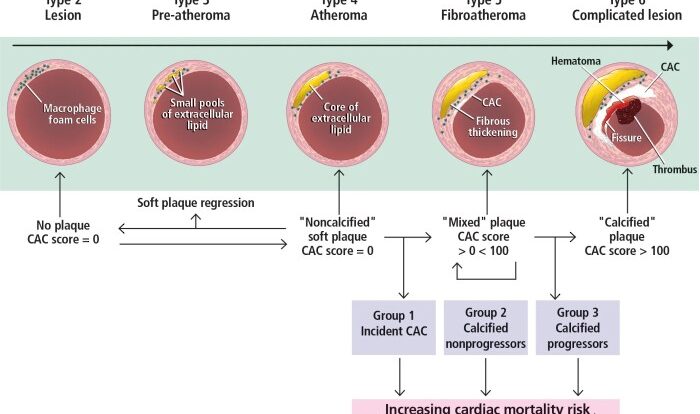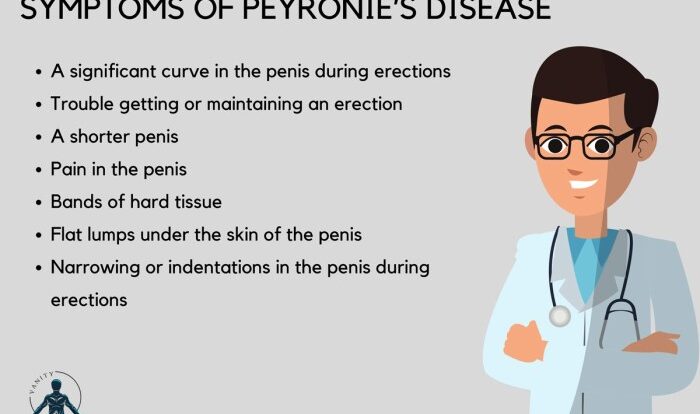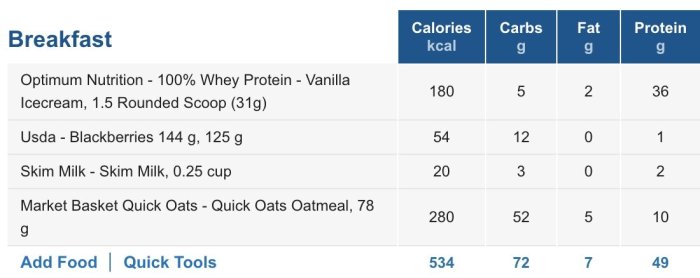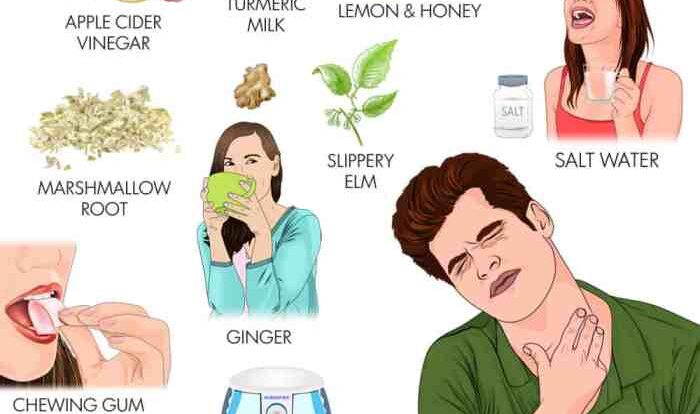Delaware heat wave safety tips: Checking in on elderly neighbors. As the summer heat intensifies, it’s crucial to ensure the well-being of our vulnerable elderly neighbors. This guide provides essential tips and resources to keep them safe during extreme heat events.
Understanding the unique health risks faced by the elderly during heat waves and recognizing the signs of heat-related illnesses are key to providing effective assistance. By creating a neighborhood heat watch program and sharing practical safety measures, we can create a supportive community that looks out for its most at-risk members.
Heat Wave Dangers for Elderly Neighbors
Extreme heat poses serious health risks for elderly individuals. As we age, our bodies become less efficient at regulating temperature, making us more susceptible to heat-related illnesses.
For those in Delaware, it’s crucial to prioritize the well-being of our elderly neighbors during heat waves. Likewise, in Indiana, checking in on elderly neighbors is equally essential. As temperatures soar, remember to connect with vulnerable individuals, offer assistance, and ensure their safety.
Unlike younger people, seniors may not recognize or respond appropriately to the signs of heat stress. They may also have underlying health conditions that can worsen in hot weather, such as heart disease, diabetes, or respiratory problems.
Dehydration
Dehydration is a common problem among elderly people during heat waves. As we age, our thirst mechanism becomes less sensitive, and we may not drink enough fluids to stay hydrated. Dehydration can lead to a number of health problems, including heat cramps, heat exhaustion, and heat stroke.
Checking In on Elderly Neighbors
During a heat wave, it’s crucial to check in on elderly neighbors who may be more vulnerable to heat-related illnesses. Here are some tips on how to help:
Signs of Heat-Related Illness in the Elderly:
- Excessive sweating or lack of sweating
- Rapid pulse or breathing
- Muscle cramps
- Nausea or vomiting
- Confusion or disorientation
Tips for Helping Elderly Neighbors Stay Cool and Hydrated:
- Encourage them to stay in air-conditioned areas or in the shade.
- Help them create a cool environment by using fans or opening windows.
- Provide them with plenty of fluids, such as water, sports drinks, or electrolyte solutions.
- Avoid sugary drinks, as they can dehydrate.
- Check in on them regularly to ensure they are staying hydrated and cool.
Creating a Neighborhood Heat Watch: Delaware Heat Wave Safety Tips: Checking In On Elderly Neighbors
A neighborhood heat watch program is a group of volunteers who check on elderly and vulnerable neighbors during hot weather to ensure their safety. These programs can help prevent heat-related illnesses and deaths by providing early detection and assistance.To organize a heat watch program, start by recruiting volunteers from your neighborhood.
Remember to follow the Delaware heat wave safety tips, especially when checking in on elderly neighbors. These include staying hydrated, avoiding strenuous activities during peak heat hours, and wearing loose-fitting, light-colored clothing. For more comprehensive information, you can also refer to the Ohio heat wave safety tips: Checking in on elderly neighbors guide, which provides additional insights and recommendations to ensure the well-being of your elderly neighbors during this hot season.
You can do this by posting flyers, sending out emails, or talking to your neighbors in person. Once you have a group of volunteers, develop a plan for checking on your neighbors. This plan should include a schedule of visits, as well as a list of what to look for when you visit.It
While following Delaware heat wave safety tips and checking in on elderly neighbors, it’s crucial to be mindful of cultural sensitivities. Cultural sensitivities when checking in on elderly neighbors from diverse backgrounds is a valuable resource for navigating these nuances.
By understanding different cultural practices and beliefs, we can ensure our check-ins are respectful and effective, promoting the well-being of our elderly neighbors during this heat wave.
is important to communicate effectively with your neighbors about heat safety. You can do this by distributing educational materials, posting signs, and talking to your neighbors in person. You can also use social media to spread the word about heat safety.
Heat Wave Safety Tips for Elderly Neighbors
Elderly neighbors are especially vulnerable to heat-related illnesses, such as heat stroke and heat exhaustion. Here are some tips to help keep your elderly neighbors safe during a heat wave:
Stay hydrated.Elderly people are more likely to become dehydrated, even in mild heat. Encourage your elderly neighbors to drink plenty of fluids, even if they don’t feel thirsty. Water is the best choice, but other fluids, such as sports drinks or juice, can also help.
Wear loose-fitting, light-colored clothing.Dark-colored clothing absorbs more heat than light-colored clothing. Loose-fitting clothing allows air to circulate and helps keep the body cool.
Avoid strenuous activity during the hottest part of the day.If your elderly neighbors must go outside during the hottest part of the day, encourage them to take frequent breaks in the shade or air conditioning.
Be aware of the signs and symptoms of heat-related illness.These include dizziness, nausea, vomiting, headache, muscle cramps, and fatigue. If your elderly neighbor experiences any of these symptoms, call 911 immediately.
Check in on your elderly neighbors regularly.During a heat wave, it’s important to check in on your elderly neighbors regularly to make sure they are staying safe. If you can’t visit in person, call or text them to see how they are doing.
Know where to find cooling centers.Cooling centers are places where people can go to escape the heat. Many communities have cooling centers open during heat waves. If your elderly neighbor needs a place to cool down, help them find a cooling center near them.
Additional Resources for Heat Wave Safety
Stay informed and connected with the following resources to ensure the safety and well-being of elderly neighbors during heat waves:
Numerous organizations and government agencies provide valuable information and assistance on heat wave safety. These resources can help you prepare for and respond to heat waves effectively.
Websites
- Centers for Disease Control and Prevention (CDC): Extreme Heat
- Ready.gov: Heat
- National Council on Aging (NCOA): Heat Stroke and Older Adults
Hotlines
- National Heatstroke Hotline: 1-800-232-4636
- National Weather Service Heat Safety Hotline: 1-800-906-HEAT (4328)
Other Helpful Resources, Delaware heat wave safety tips: Checking in on elderly neighbors
- Heat Wave Safety Plan Template: https://www.cdc.gov/disasters/extremeheat/pdf/heatsafety_plan_508.pdf
- National Institute on Aging: Heat-Related Illness in Older Adults: https://www.nia.nih.gov/health/heat-related-illness-older-adults
- American Red Cross: Heat Wave Preparedness: https://www.redcross.org/get-help/how-to-prepare-for-emergencies/types-of-emergencies/heat-wave.html
Conclusion
By following these tips and fostering a spirit of neighborly care, we can help our elderly neighbors navigate heat waves safely and comfortably. Remember, a little attention and support can make a world of difference in protecting their health and well-being.
FAQ
What are the common signs of heat-related illnesses in the elderly?
Excessive sweating, dizziness, nausea, rapid pulse, confusion, and muscle cramps are common signs to watch for.
How can I help my elderly neighbor stay cool and hydrated?
Encourage them to drink plenty of fluids, even if they don’t feel thirsty. Help them stay in air-conditioned areas as much as possible and provide cool showers or baths.
What is a neighborhood heat watch program and how can I get involved?
A neighborhood heat watch program involves volunteers checking in on elderly and vulnerable neighbors during heat waves. Contact your local community center or senior services organization to inquire about existing programs or starting one in your area.





